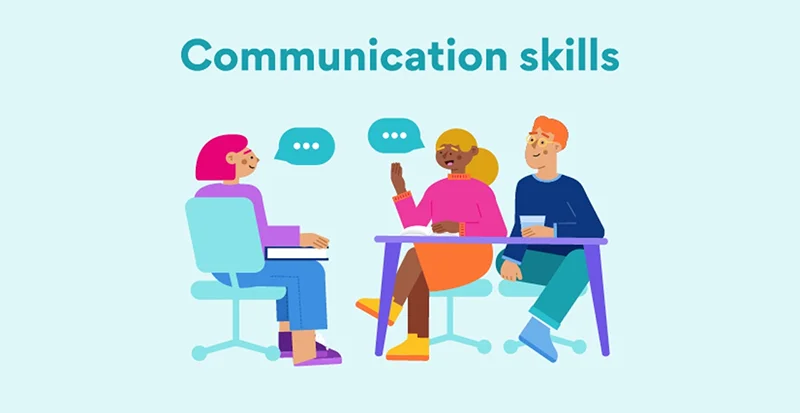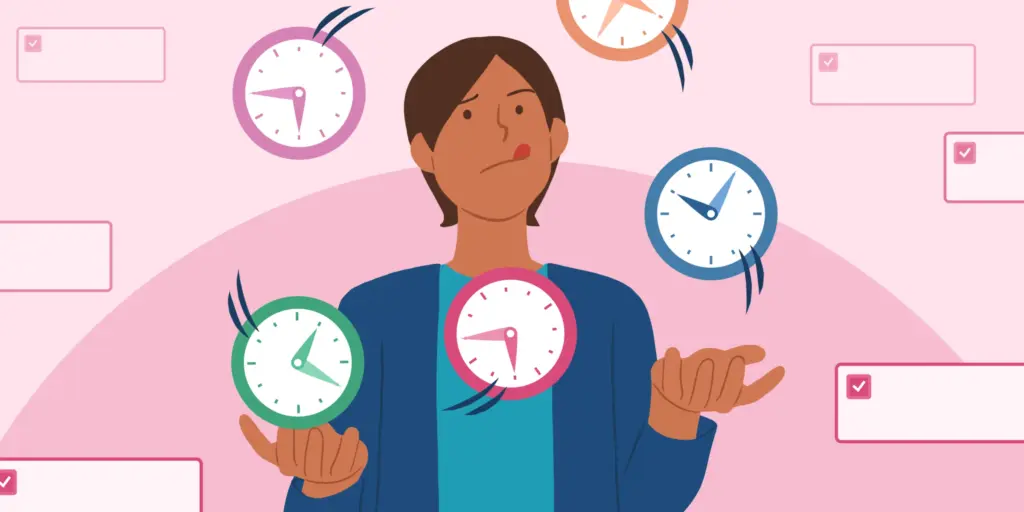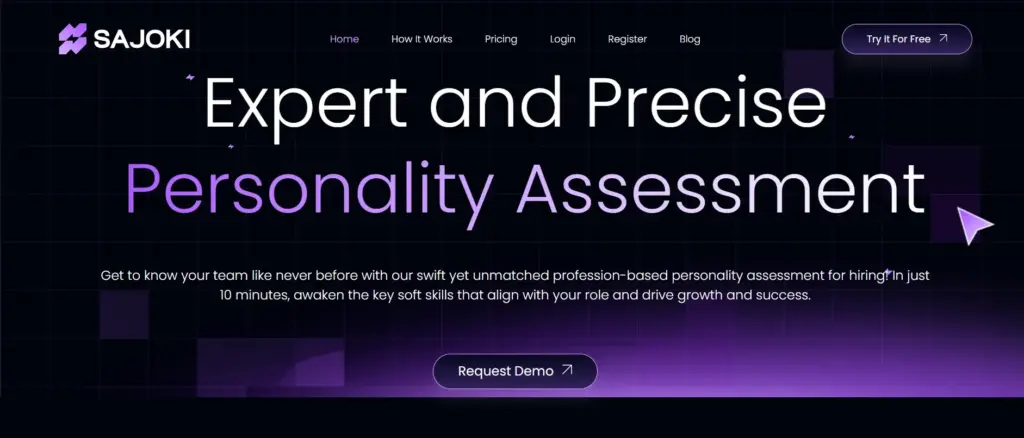When we think of orthodontists, the most significant concern is their technical expertise. However, that is simply not enough. What people often miss out on is an orthodontist’s soft skills.
Now you might be wondering, what are soft skills for orthodontists?
Soft skills like critical thinking, attention to detail, communication, teamwork, and patience are important for an orthodontist. These skills allow them to go beyond their clinical skills. From building trust with patients to fostering healthy collaboration among colleagues, these skills play a crucial role.
Stay tuned as we get into the details of these soft skills. We will also dive into how you can improve these skills to ensure successful patient outcomes. Let’s dive in!
Importance Of Soft Skills As An Orthodontist
An orthodontist’s responsibilities go beyond fixing dental misalignments. Their technical expertise is indeed crucial, however, not enough to carve a successful practicing environment. For this, they need certain soft skills.
Orthodontists have to work closely with patients as well as other professionals. Their people skills help build trust and rapport with patients and team members. They allow orthodontists to create a positive experience for everyone.
Moreover, with the right soft skills, an orthodontist can easily build a strong work-life balance. From maintaining professionalism to managing time effectively, soft skills will guide you toward the right career pathway.
Here is an overview of how soft skills contribute to an orthodontist’s career.
- Builds strong relationships with patients and team members.
- Helps deal with a patient’s fears or anxiety.
- Helps provide proper instructions and educate patients.
- Assists with conflict management.
- Creates positive collaboration opportunities with colleagues.
- Maximizes productivity.
- Ensures proper work ethics and professionalism.
7 Essential Soft Skills Every Orthodontist Should Have
While technical expertise is probably the backbone of an orthodontic career, soft skills can’t be overlooked. For a thriving career, orthodontists must create a balance between their hard and soft skills.
Here is a breakdown of the seven most essential soft skills for orthodontists.
1. Critical Thinking and Problem Solving

Critical thinking and problem-solving are essential for any orthodontist. This skill allows them to efficiently tackle complex cases. When facing unexpected complications or derailed treatment plans, your critical thinking skills come in handy. They help you analyze the situation and make the best out of it.
As for problem-solving abilities, they are incredibly helpful for any medical professional. They help you make well-informed decisions even when in complicated situations. Thus setting you up for successful outcomes.
How can I improve my critical thinking and problem-solving skills as an orthodontist?
- Reflect on previous difficult cases and think of how they could have been handled better
- Keep asking questions and engage yourself in cases.
- Study the latest real-world cases, techniques, and research.
- Engage in strategic problem-solving games or quizzes.
2. Attention To Detail
Another crucial orthodontic soft skill is attention to detail. Medical diagnosis and dental alignment require precision. Even a slight misalignment could lead to severe repercussions. This is why orthodontists must pay extra attention to their environment.
This will allow them to execute treatment plans flawlessly, ensuring every step is taken care of.
How To Improve Attention To Detail as an Orthodontist?
- Don’t rush through your tasks; stay engaged and focused.
- Double-check your work.
- Develop a systemic approach to address each case.
- Practice mindfulness to enhance attention.
3. Communication

Proper communication skills will carry you a long way in the medical profession. It is the key to connecting with patients, explaining and educating them about their treatments.
Moreover, it promotes a healthy working environment. Effective communication with colleagues encourages a better understanding and avoids misunderstandings.
How To Improve the Communication Skills of an Orthodontist?
- Avoid technical jargon when communicating with patients.
- Practice active listening with both patients and colleagues.
- Be careful with non-verbal communication such as body language, facial expressions, and the tone of your voice.
4. Teamwork

Teamwork abilities are also just as important for orthodontists. They often have to collaborate with dental assistants, hygienists, and sometimes even specialists. So, it is important for them to play well as a team member. It ensures proper patient care and creates a positive environment for everyone.
As an Orthodontist, How Do You Improve Teamwork Abilities?
- Maintain open communication with everyone on the team.
- Be respectful and receptive to everyone’s input.
- Delegate tasks based on everyone’s expertise and strengths to maximize efficiency.
- Participate in team-building activities to strengthen connections.
5. Patience
Orthodontic treatments can be time-consuming. Moreover, sometimes, the treatment plans have to be stretched over a few months. So, another crucial soft skill for orthodontists is patience. It is the key to creating a positive patient experience and ensuring desired outcomes.
How To Improve Patience?
- Set realistic expectations about treatment plans.
- Take breaks throughout the day.
- Stay calm and practice mindfulness, especially in stressful situations.
- Try to embrace unexpected situations.
6. Time Management

Is it even possible to be a healthcare professional without proper time management skills? Orthodontists must be precise and punctual. They have to juggle multiple patients, procedures, and administrative duties. All while ensuring there is no compromise on the quality of care.
Good time management enables them to complete each task efficiently. Thus ensuring proper patient care and a productive routine for the doctors.
How To Enhance the Time Management Skills of an Orthodontist?
- Maintain a proper task management system.
- Tackle each task based on urgency and priority.
- Allocate realistic timing for the procedures and avoid over-scheduling.
- Opt for scheduling or management software to handle administrative tasks.
7. Empathy
The last soft skill that we absolutely had to include is empathy. As a healthcare professional, empathy is probably one of the most important soft skills. It helps orthodontists acknowledge a patient’s concerns and fears.
Being empathetic will enable them to provide compassionate care. So, orthodontists can go beyond basic clinical treatment and provide holistic care.
How To Improve Empathy?
- Listen actively and try to understand a patient’s emotional needs.
- Provide positive reinforcement.
- Avoid assumptions or biases.
- Be open to understanding someone else’s perspective.
Existing Content Relevance:
What Soft Skills Are Needed For Marine Biology Career
Soft Skill Assessment Tests – The Key To Workplace Success
10 Soft Skills For Software Tester
2 Methods To Improve Soft Skills of Orthodontists
Soft skills can’t be enhanced overnight. You need to be patient with it and, more importantly, put in the effort to develop them. So, for further guidance, we have added two additional methods to improve soft skills for orthodontists.
1. Training Programs And Workshops
The best way to work on your soft skills is by attending training programs or workshops. You can opt for online platforms like Coursera or Udemy that offer courses on problem-solving or communication skills.
Moreover, look for virtual or in-person seminars focused on soft skill development. They are an insightful source for different soft skills.
2. Professional Networks And Communities
Try to engage with your orthodontic community in various ways. You should participate in team activities or volunteer within the community. This will help you socialize and boost your people skills.
Furthermore, join peer learning groups. This could be done through professional groups or online forums. Engage in healthy debates or share insights and experiences.
Soft Skill Assessment For Orthodontists using SAJOKI
Well, you basically know all about the required soft skills for orthodontists. However, there isn’t much you can do with it if you don’t first understand which soft skills one has.
To help you get out of this dilemma, we recommend using SAJOKI. It is an AI-powered pre-employment personality testing platform. SAJOKI primarily focuses on identifying soft skills in an individual.

Specifically developed for recruitment, this platform analyzes soft skills according to job roles. So, it would only highlight skills specific to orthodontists.
Moreover, SAJOKI offers endless support for recruitment. It leverages AI to automatically generate job descriptions. To further guide the decision-making process, it allows you to compare the profiles of each candidate side by side.
How to Use SAJOKI to test the Soft skills of Orthodontists?
Here is how you can get your hands on SAJOKI. Don’t miss out on it!
1. Create An Account
Start by creating an account on SAJOKI and then log in.
2. Create A Test
Once you’re logged in, click on the Create option. You will be directed to a new page to create your own test and job description. All you have to do is the job title, which in this case is Orthodontist.
After entering the job title, click Get the AI-generated Job Description and then Generate Test. This will provide you with your own test.
3. Share Assessment Code With Job Candidates
To access the test, you will be given a code. Share it with your job candidates so that they can take the test. Here, an Orthodontist can take the test by himself as well.
4. AI-Based Profile Generation
Once the tests are done, you will receive AI-based personality profiles. SAJOKI utilizes AI to analyze and interpret the candidate’s responses.
5. Decision-Making Process
The final step is for you to decide. Use SAJOKI’s detailed insights into your candidates to make the final hiring decision.
FAQ
Q. Why are soft skills important for orthodontists?
Soft skills help orthodontists provide comprehensive patient care. With the right soft skills, they are able to connect with patients while also handling administrative tasks efficiently.
Q. Why is communication an important skill for orthodontists?
Effective communication is important for addressing a patient’s concerns. An orthodontist should be able to communicate with the patient to help them reduce their fears or doubts.
Conclusion
Soft skills for orthodontists are very crucial if they want to excel in their careers. To provide proper patient care, they must work on developing soft skills like critical thinking, attention, communication, and more.
With the right skills, orthodontists become the best version of themselves. They allow these healthcare providers to prove themselves as trustworthy and reliable to patients. Moreover, they can build a career that is both successful and meaningful.




